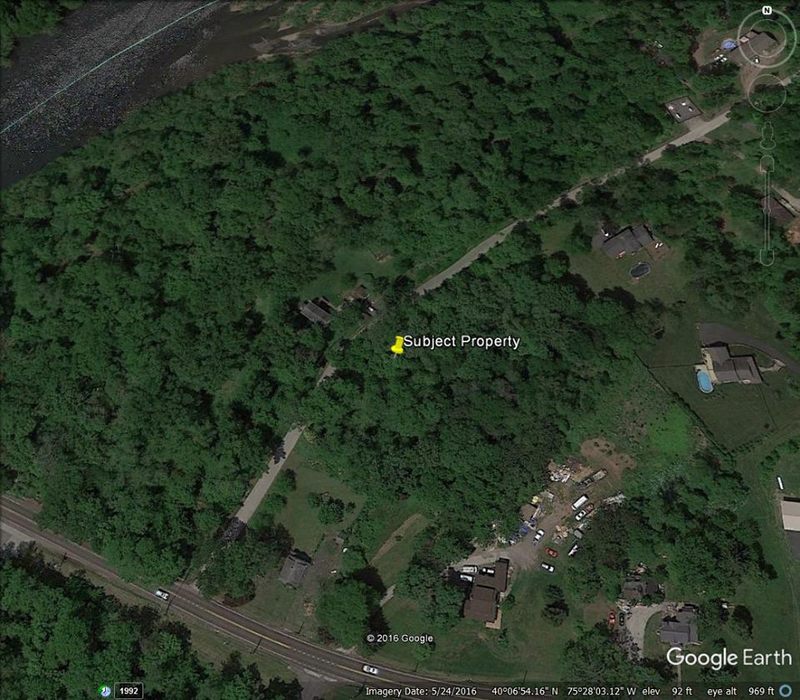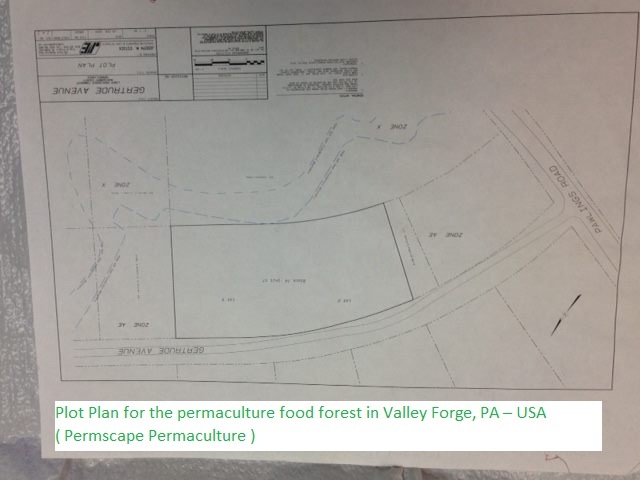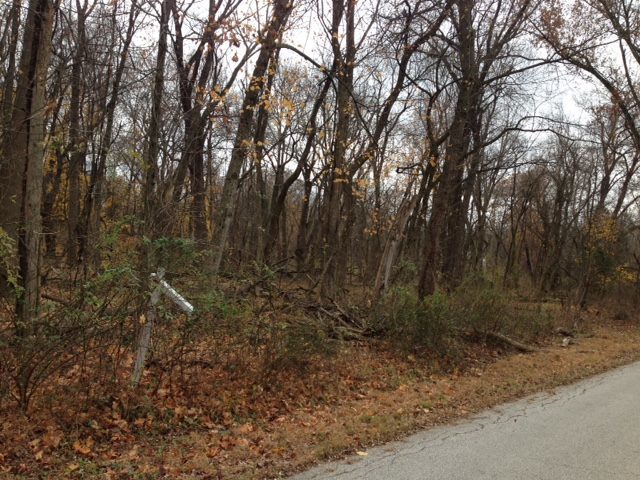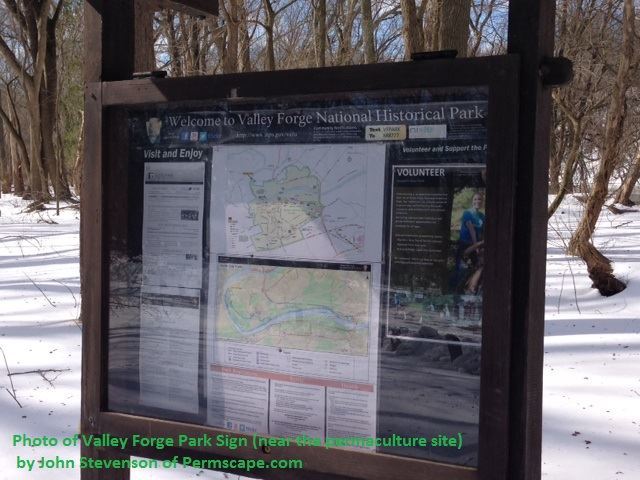


|
Commenced:
|
01/02/2015 |
|---|---|
|
Submitted:
|
08/03/2017 |
|
Last updated:
|
16/03/2017 |
|
Location:
|
1220 Valley Forge Road, Suite # 27, Phoenixville, Pennsylvania, US |
|
Phone:
|
use email |
|
Website:
|
http://www.permscape.com/ |
|
Climate zone:
|
Cool Temperate |
(projects i'm involved in)
Back to Permscape - Permaculture Food Forest Oasis and Education Center
Project: Permscape - Permaculture Food Forest Oasis and Education Center
Posted by John Stevenson almost 8 years ago

In February 2015 two adjacent lots of approximately 38,000 square feet each located in south eastern Pennsylvania were purchased. They have a combined area totaling approximately 2 acres in size. There were several attempts made by potential buyers over the years to develop the lots which were zoned R2.

(Permaculture Site includes both Lot 2 and Lot 3).


There is access to public sewer. A private well is already located on the property. Two building lots are feasible. The lots are located in both the 100 and 500 year floodplain.
Potential buyers have approached the township expressing interest in building homes on stilts or on top of a garage/storage area raised foundation. The goal was to elevate the homes above the flood plain levels. This use is consistent with the property directly across the street. There is an existing home with the living area located on the second floor.
The Schuylkill River flows behind the properties across the street. Two times in the last 50 years the home to the south and the one backing up to the river were flooded.

Our original mission was to protect and preserve what we believed was an old growth forest from mini mansion residential or commercial development.

Our intent was to introduce perennial food producing elements in all their varied forms to the already thriving natural system. Cloning/dividing/and propagating vines from cuttings/roots/seeds began. The seedlings were scheduled to be planted under the mature trees. The vines would mimic nature climbing up the trees using them as a trellis while providing added benefit by producing vegetables, flowers, fruit, and beer.
The vines of choice were Kiwi, Grapes, Akebia, Hops, Passion Flowers, Schisandra Vine, Climbing Yams, and more.
You must be logged in to comment.
Note: The various badges displayed in people profiles are largely honesty-based self-proclamations by the individuals themselves. There are reporting functions users can use if they know of blatant misrepresentation (for both people and projects). Legitimacy, competency and reputation for all people and projects can be evidenced and/or developed through their providing regular updates on permaculture work they’re involved in, before/after photographs, etc. A spirit of objective nurturing of both people and projects through knowledge/encouragement/inspiration/resource sharing is the aim of the Worldwide Permaculture Network.
 |
MemberA member is a permaculturist who has never taken a PDC course. These cannot become PDC teachers. Members may be novice or highly experienced permaculturists or anywhere in between. Watch their updates for evaluation. |
|---|---|
  |
Permaculture MatchmakerOne of these badges will show if you select your gender and the "I'm single, looking for a permaculture partner" option in your profile. |
 |
PDCPeople who claim to have taken a Permaculture Design Certificate (PDC) course somewhere in the world. |
 |
PDC VerifiedPeople who have entered an email address for the teacher of their PDC course, and have had their PDC status verified by that teacher. Watch their updates for evaluation. |
 |
PRI PDCPeople who’ve taken a Permaculture Research Institute PDC somewhere in the world. |
 |
PDC TeacherPeople who claim to teach some version of PDC somewhere in the world. |
 |
PRI TeacherWith the exception of the ‘Member’ who has never taken a PDC, all of the above can apply to become a PRI PDC Teacher. PRI PDC Teachers are those who the PRI recognise, through a vetting board, as determined and competent to teach the full 72-hour course as developed by Permaculture founder Bill Mollison – covering all the topics of The Designers’ Manual as well as possible (i.e. not cherry picking only aspects the teacher feels most interested or competent in). Such teachers also commit to focussing on the design science, and not including subjective spiritual/metaphysical elements. The reason these items are not included in the PDC curriculum is because they are “belief” based. Permaculture Design education concerns itself with teaching good design based on strategies and techniques which are scientifically provable. PRI PDC Teachers may be given teaching and/or consultancy offerings as they become available as the network grows. |
 |
Aid WorkerThe individual with this badge is indicating they are, have, or would like to be involved in permaculture aid work. As such, the individual may or may not have permaculture aid worker experience. Watch their updates for evaluation. |
 |
ConsultantThe individual with this badge is indicating they are, have, or would like to do paid permaculture design consultancy work. As such, the individual may or may not have permaculture consultancy experience. Watch their updates for evaluation. |
 |
Community ProjectCommunity projects are projects that help develop sustainable community interaction and increase localised resiliency. |